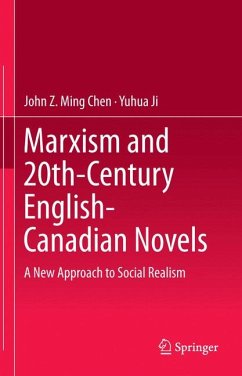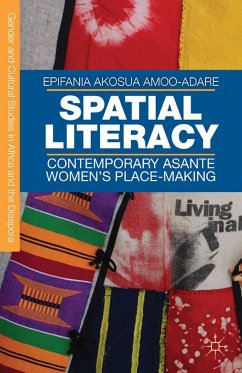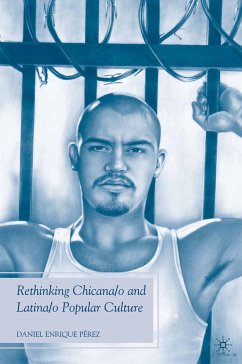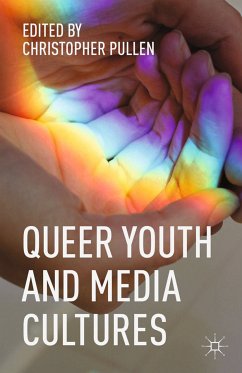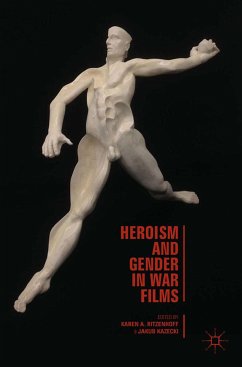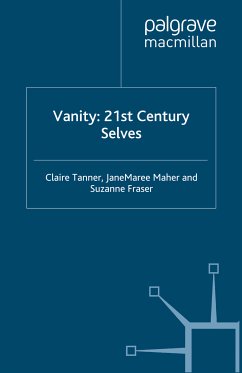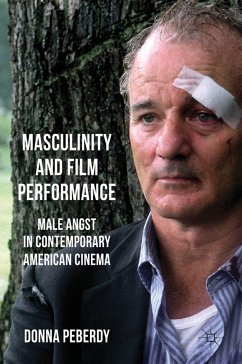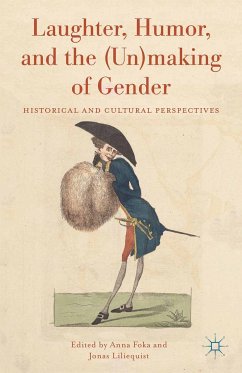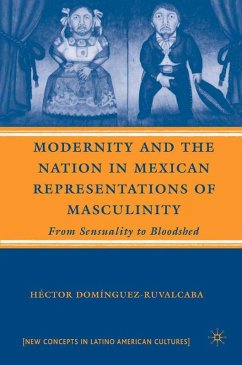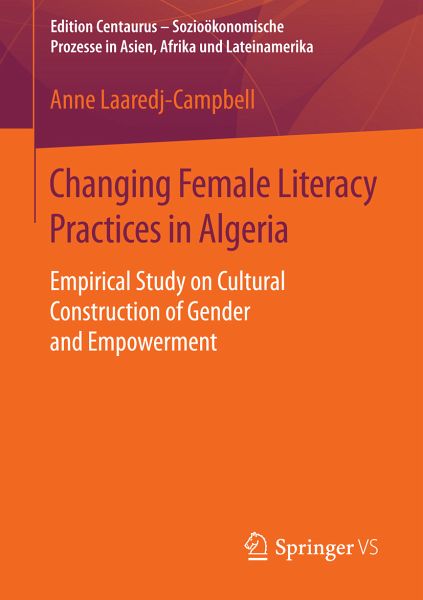
Changing Female Literacy Practices in Algeria (eBook, PDF)
Empirical Study on Cultural Construction of Gender and Empowerment
Versandkostenfrei!
Sofort per Download lieferbar
40,95 €
inkl. MwSt.
Weitere Ausgaben:

PAYBACK Punkte
20 °P sammeln!
From an ethnological standpoint, this study contends that the construction and implementation of a gender-based literacy program that empowers adult education learners in rural or semi-rural (hybrid) areas in Algeria must consider the context of the Arabic-Islamic tradition. In her research Anne Laaredj-Campbell examines the educational situation of women in the Haut Plateau by using methods derived from the field of ethnology. The author endeavors to take a look at the literacy practices and their theoretical implications for empowering women in Algeria. To date, there are no empirical studie...
From an ethnological standpoint, this study contends that the construction and implementation of a gender-based literacy program that empowers adult education learners in rural or semi-rural (hybrid) areas in Algeria must consider the context of the Arabic-Islamic tradition. In her research Anne Laaredj-Campbell examines the educational situation of women in the Haut Plateau by using methods derived from the field of ethnology. The author endeavors to take a look at the literacy practices and their theoretical implications for empowering women in Algeria. To date, there are no empirical studies on adult female literacy in Algeria that focus on the cultural construction of gender and empowerment. A gender approach to education is committed to establishing reasons for the deficiencies of literacy among women.
Dieser Download kann aus rechtlichen Gründen nur mit Rechnungsadresse in A, B, BG, CY, CZ, D, DK, EW, E, FIN, F, GR, HR, H, IRL, I, LT, L, LR, M, NL, PL, P, R, S, SLO, SK ausgeliefert werden.
Alle Preise in Euro und inkl. der gesetzl. MwSt. | Innerhalb Deutschlands liefern wir preisgebundene Bücher versandkostenfrei. Weitere Informationen: bitte hier klicken
Support
Bitte wähle dein Anliegen aus:
Rechnungen
Bestellstatus
Retourenschein
Storno



